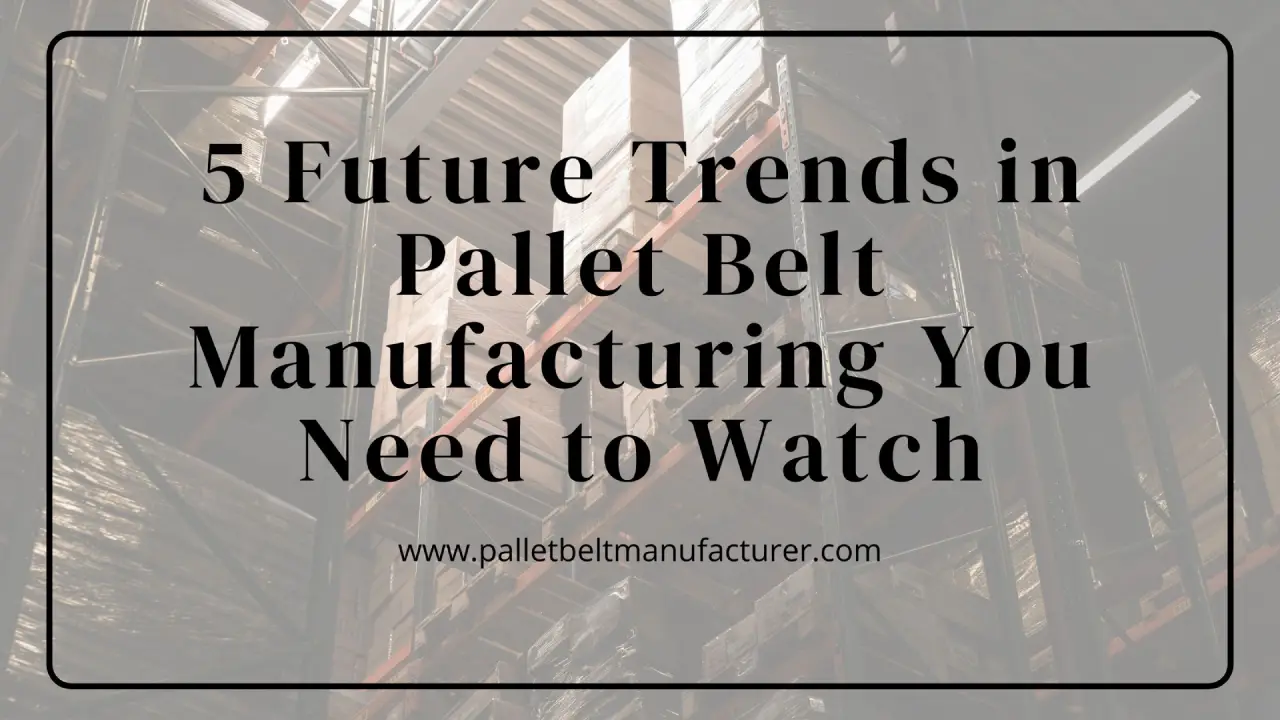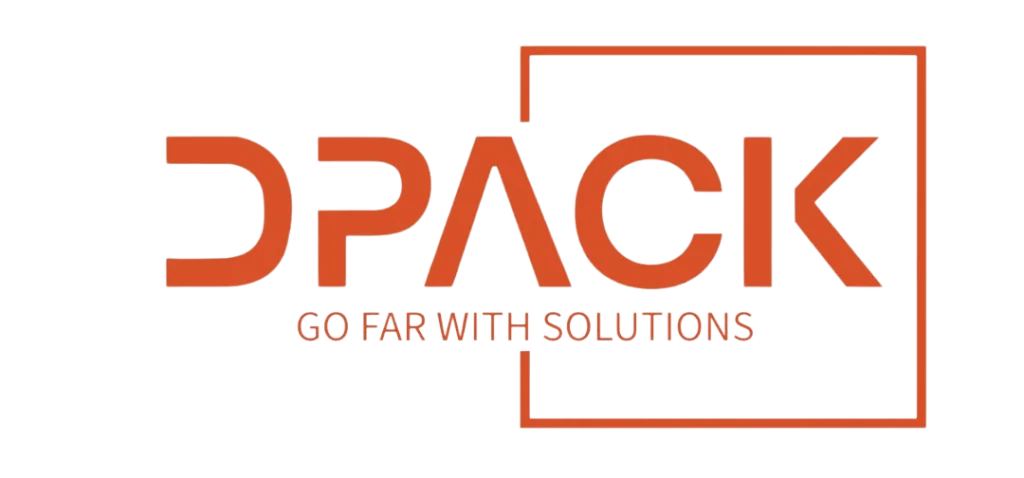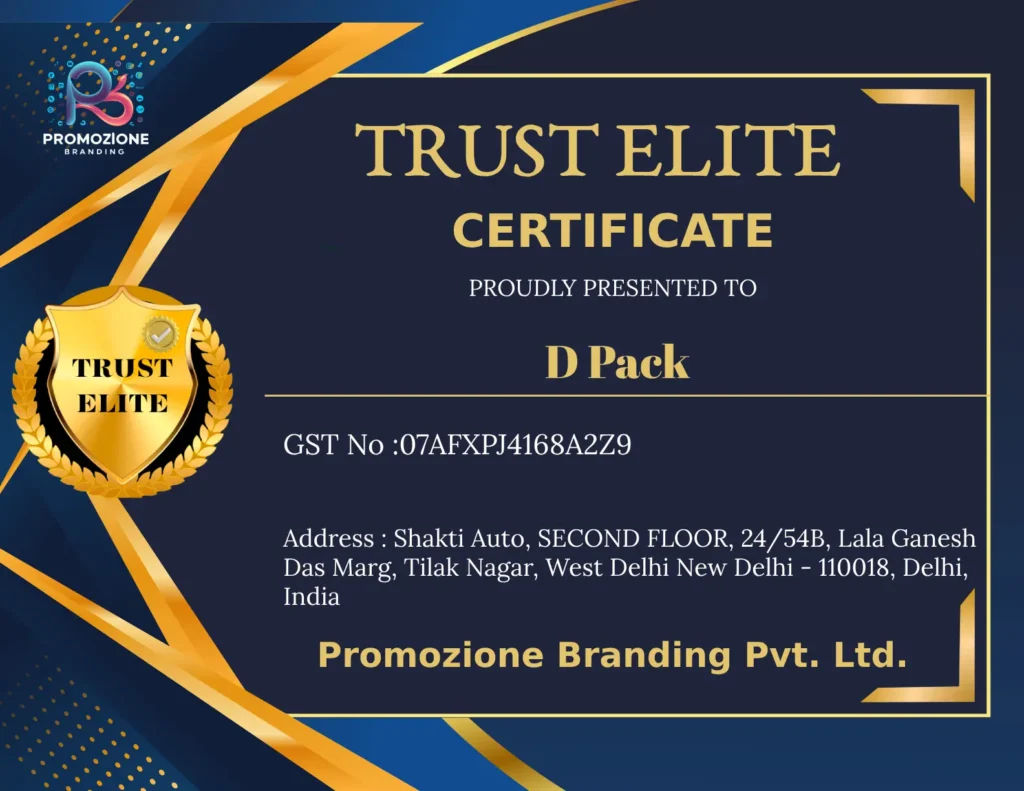
5 Future Trends in Pallet Belt Manufacturing You Need to Watch
Introduction
Efficiency, safety, and sustainability are critical in the present-day logistics and warehousing industry. Pallet belts, an often-forgotten piece of the supply chain puzzle, are integral in securing goods, reducing damage, and maximizing efficiency when moving product.
Due to the growth of global trade and the expansion of warehouse automation, there is a growing demand for smarter, stronger, and more sustainable pallet belt solutions. Keeping up with developments in the industry is important for all professionals in logistics, warehouses, and procurement.
In their role as a trusted pallet belt manufacturer, D Pack aims to stay ahead of emerging market demands by advancing the pallet belt industry. Whether that’s through the adoption of smart technology or offering new eco-friendly materials, the pallet belt industry is primed for a change in the future.
In this blog, we will explore five trends that are defining the future of pallet belt manufacturing and why companies should pay attention to these trends.
1. Smart Pallet Belts With IoT Functionality
The future is smart, and pallet belts are no different. With Industry 4.0 evolving logistics, it will become more and more important to begin utilizing IoT-enabled pallet belts.
How IoT is Transforming Pallet Belts:
- Sensors will measure the tension and load pressure in real-time.
- Alerts notify operators ahead of time if a pallet belt is loosened or is becoming uncoupled with an object during transit.
- Linking data to warehouse management systems (WMS) will help make decisions around workflow and efficiency.
The Benefits of Using Smart Pallet Belts:
- Less Product Loss: By receiving an alert early on, with minimal damage to a high-value cargo.
- Better & Safer: Helping to prevent accidents as a result of overloaded pallets and/or incorrectly secured cargo.
- Data-Driven: Real-time analytics could allow us to make appropriate changes in the warehouse.
At D Pack, we are primarily looking at IoT-enabled pallet belt options that excel in durability and technology, providing our customers with secure advancement through modern logistics.
2. Sustainable and Eco-Friendly Materials
Sustainability is an increasing priority with businesses around the world, and pallet belt manufacturers are making strides to reduce their sustainability impact.
New Trends in Materials:
- Recyclable Polymers – Strong belts that can be reusable/recycled at the end of life.
- Biodegradable Materials – Sustainable alternatives for conventional plastics.
- Low-Carbon Manufacturing – manufacturing processes that reduce energy consumption and emissions.
Three reasons sustainability is important:
- Supporting global green logistics initiatives.
- Compliance with environmental regulations.
- Appealing to environmentally-minded customers and partners.
D Pack is dedicated to making environmentally-friendly pallet belts without sacrificing performance for sustainability in a system that is cultivating into a greener logistics effort around the world.
3. Pallet Belts for Automation
Automation substantially changes warehouse operations and supply chain processes, and pallet belts must accommodate high-speed robotic systems.
Automation-Ready Pallet Belt Features:
- Specifically constructed for superior performance in automated wrapping or loading machines.
- Active tensioning systems consistently maintain proper tension as a pallet is conveyed exposing it’s contents.
- Communicates with compatible automated conveyor systems and automated packing lines.
Warehousing Benefits:
- Enable faster speeds while minimizing manual labor.
- Reduced human error regarding the handling of pallet loads.
- Elevated levels of throughput for high-volume distribution operations.
At D Pack, we manufacture pallet belts that are automation-ready, allowing customers to align effectively with robotic handling maximization, not only productivity, but also operational safety.
4. Tailored Solution for Specific Industry Needs
The pallet belt needs in the various industries are not always the same. Food, pharmaceuticals, e-commerce, and heavy lifting are all areas requiring specialized solutions.
Customization Trends:
- Food-Grade Belts – hygienic materials fit for consumables.
- Heavy Duty Belts – safe, high-strength belts for industrial and construction products.
- Light Duty Belts – cost-effective, lightweight solutions for e-commerce and retail.
Benefits of Customization:
- Ensures the load (whether it is consumables or heavy machinery) is safe.
- Compliance with standards (industry specification).
- Optimizing material selections and costs of operation.
D Pack provides solutions that are customized for diverse industry needs and proves that customized solutions will be the future of pallet belt manufacturing.
5. Sturdier, durable designs
As global distribution grows, there is a trend for items to be shipped over much longer distances and under difficult conditions. Durable pallet belts are necessary for safety, and replacing belts can be costly.
New design features include:
- UV-resistant belts specifically constructed for outdoor storage
- Use of high-tensile strength materials for heavy loads
- Incorporating weatherproof coatings to address moisture and temperature outliers
Merits entail:
- Reduce damaged product on route
- Reduce maintenance and replacement
- Consistent and dependable in adverse environments
D Pack is committed to research and development to create durable, high-quality pallet belts that can withstand the most demanding logistics challenges.
6. The Role of Data and Analytics in Pallet Belt Manufacturing
The uptake of analytics is becoming more pronounced. Data collated from smart pallet belts can help provide insights into:
- Load distribution patterns to avoid overloads.
- Shelf-life to assist with inventory management.
- Maintenance schedules to observe potential belt failure.
Using this data, businesses can enhance warehouse operations, reduce costs, and improve the efficiency of the supply chain as a whole.
7. Global Supply Chain Trends Affecting Pallet Belt Demand
There are many trends happening globally that affect pallet belt production.
- E-Commerce Growth: Increased shipping volumes equate to the need for more pallets and belts.
- Cross-Border Trade: Durability is a concern for long-distance shipments.
- Sustainability Regulations: Companies are mandated to adhere to green logistics regulations.
With companies like D Pack adapting to these movements with scalable, durable, sustainable pallet belt solutions.
Conclusion
The future of pallet belt manufacturing is smart, sustainable, automated, customizable, and durable. Businesses that embrace these trends will benefit from cost savings, operational efficiency, and greener practices.
As a leading pallet belt manufacturer, D Pack is committed to delivering innovative solutions that meet modern logistics demands. From eco-friendly belts to automation-ready designs, we help companies stay ahead in a competitive global market.
Call to Action: Ready to upgrade your logistics with next-generation pallet belts? Contact D Pack today and secure your supply chain for the future.


